Vietnam’s young coffee entrepreneurs brew up a revolution
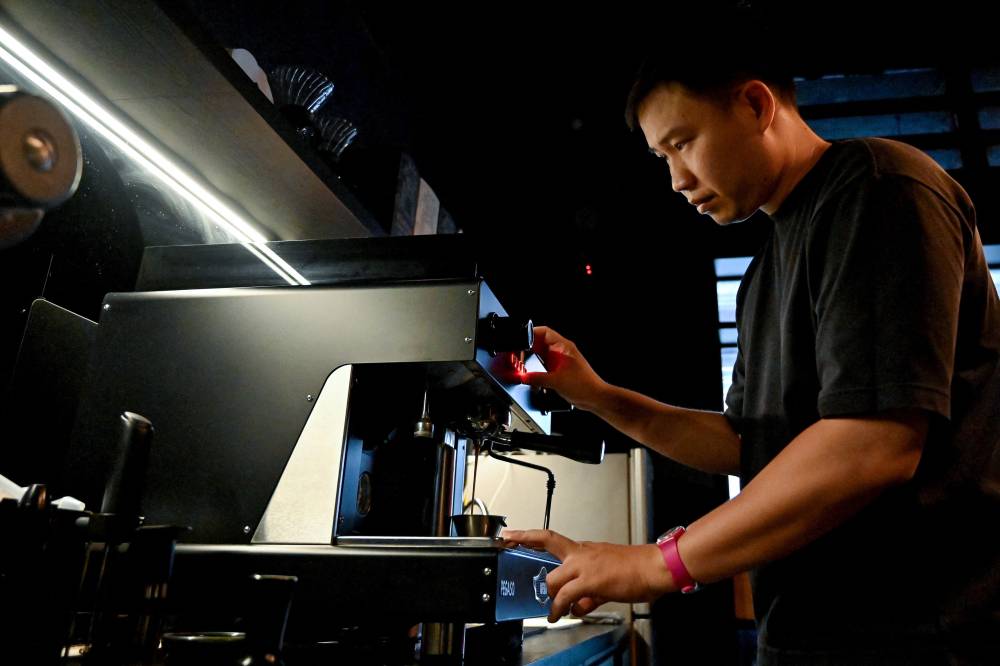
HANOI—Ditching a lucrative career in finance, Vu Dinh Tu opened a coffee shop without telling his parents, and joined a wave of young Vietnamese entrepreneurs using espressos to challenge family expectations around work.
Traditionally taken black, sometimes with condensed milk or even egg, coffee has long been an integral part of Vietnamese culture.
But starting a café is not a career that many of Vietnam’s growing group of ambitious middle-class parents would choose for their children.
“At first, my family didn’t know much about it,” 32-year-old Tu told Agence France-Presse (AFP).
“Gradually they found out—and they weren’t very supportive.”
Tu’s parents repeatedly tried to convince him to stay in his well-paid investment banking job. But he persevered and opened four branches of Refined over four years in Hanoi.
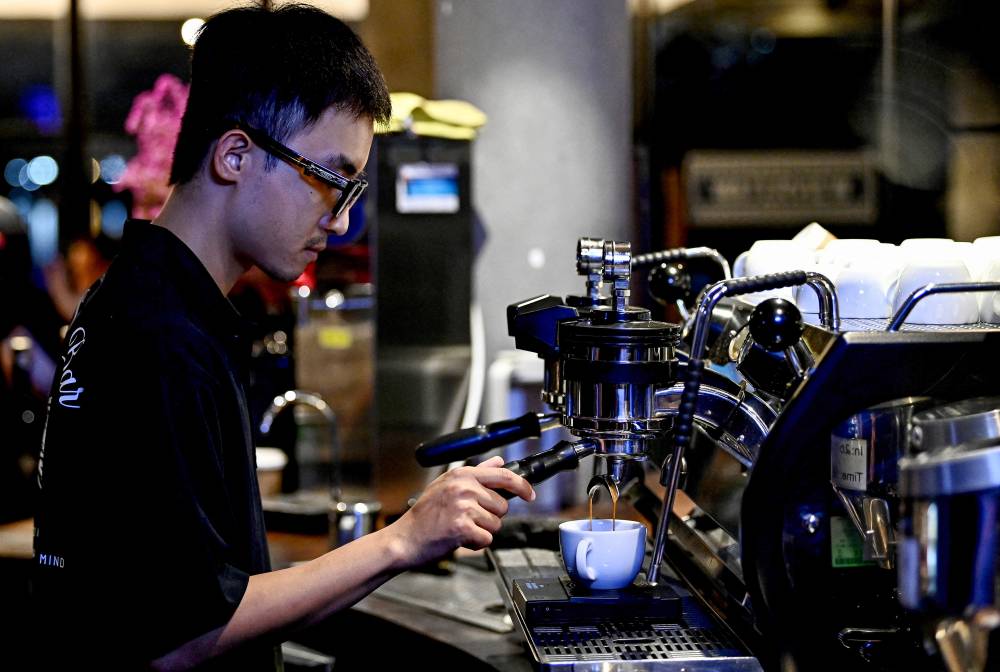
Each is packed from morning till night with coffee lovers enjoying Vietnamese robusta beans—in surroundings more like a cocktail bar than a café.
His parents “saw the hard work involved in running a business—handling everything from finances to staffing, and they didn’t want me to struggle,” explained Tu.
Vietnam was desperately poor until the early 2000s, pulling itself up with a boom in manufacturing, but many parents want to see their children climb the social ladder by moving into steady, lucrative professions such as medicine and law.
Coffee, on the other hand, has become a byword for creativity and self-expression.
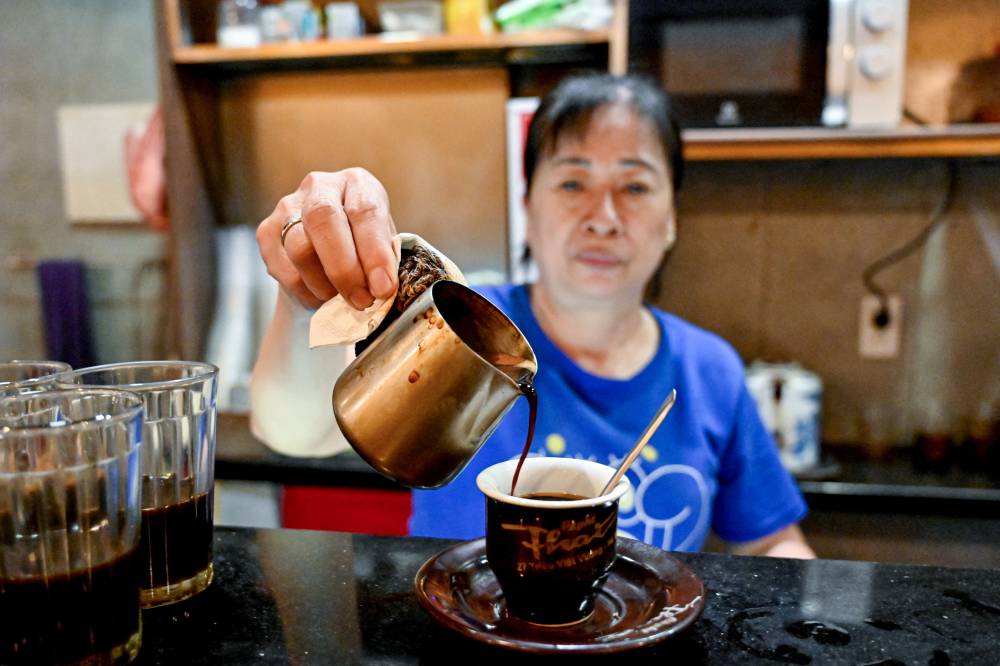
Like an ‘artist’
In Vietnam, “cafés have become a way to break norms around family pressure to do well in school, go to college, get a degree … work in something that is familiar and financially stable,” according to Sarah Grant, an associate professor at California State University.
“They have also become spaces of possibility where you can bring together creative people in a community, whether that’s graphic designers … musicians, other kinds of do-it-yourself-type people,” said Grant, an anthropologist specializing in Vietnam.
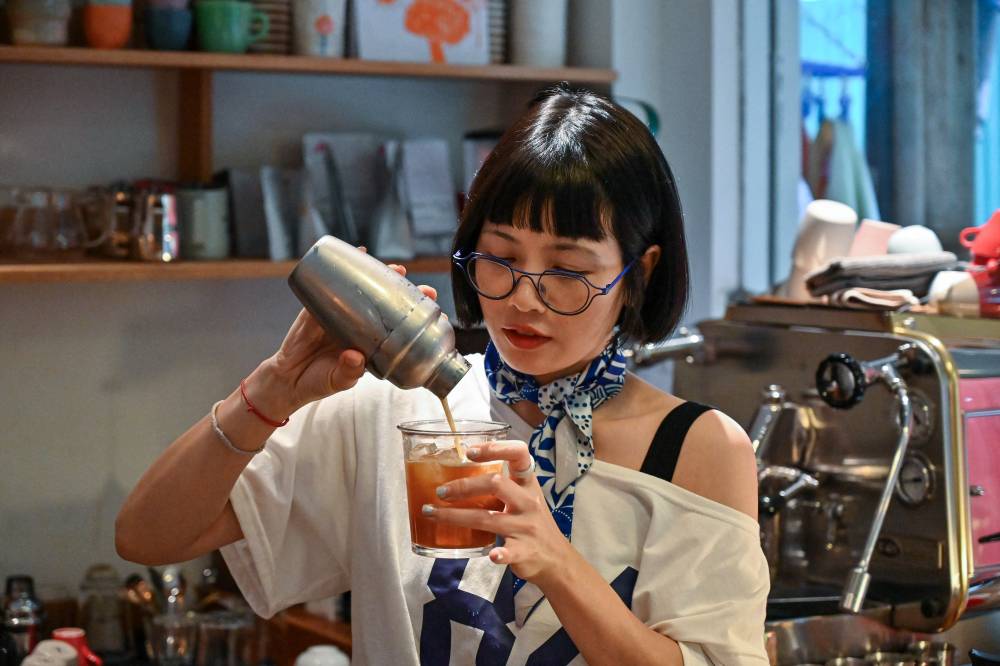
Coffee first arrived in Vietnam in the 1850s during French colonial rule, but a shift in the 1990s and early 2000s to large-scale production of robusta—usually found in instant brews—made the country a coffee production powerhouse and the world’s second largest exporter.
A passion for the coffee business is often linked to that history, Grant told AFP.
Coffee entrepreneurs are “really proud that Vietnam is this coffee-producing country and has a lot of power in the global market,” she added.
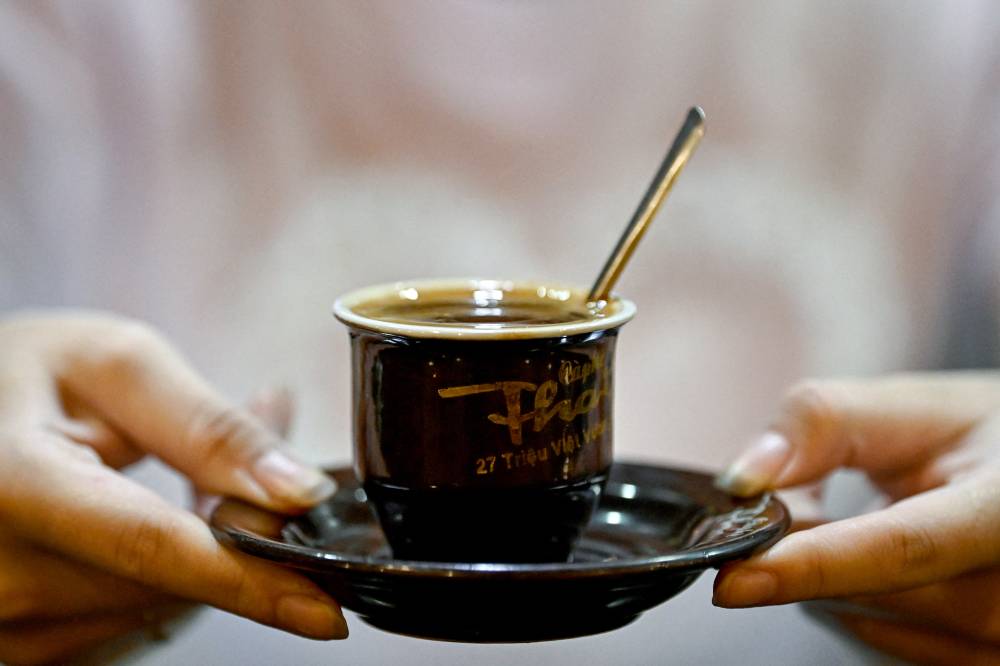
Down a tiny alley in the heart of the capital, 29-year-old Nguyen Thi Hue is mixing a lychee matcha cold brew in her new glass-fronted shop—a one-woman “slow bar” coffee business.
“When making coffee, it’s almost like being an artist,” said Hue, who had her first cup as a young child thanks to a neighbor who roasted his own.
But coffee is also hugely trendy, and there is money to be made if a café appeals to the selfie-loving Generation Z.
“No one dresses poorly to go to a café,” notes Hue, herself decked out in stylish, bright blue-rimmed glasses and matching necktie.
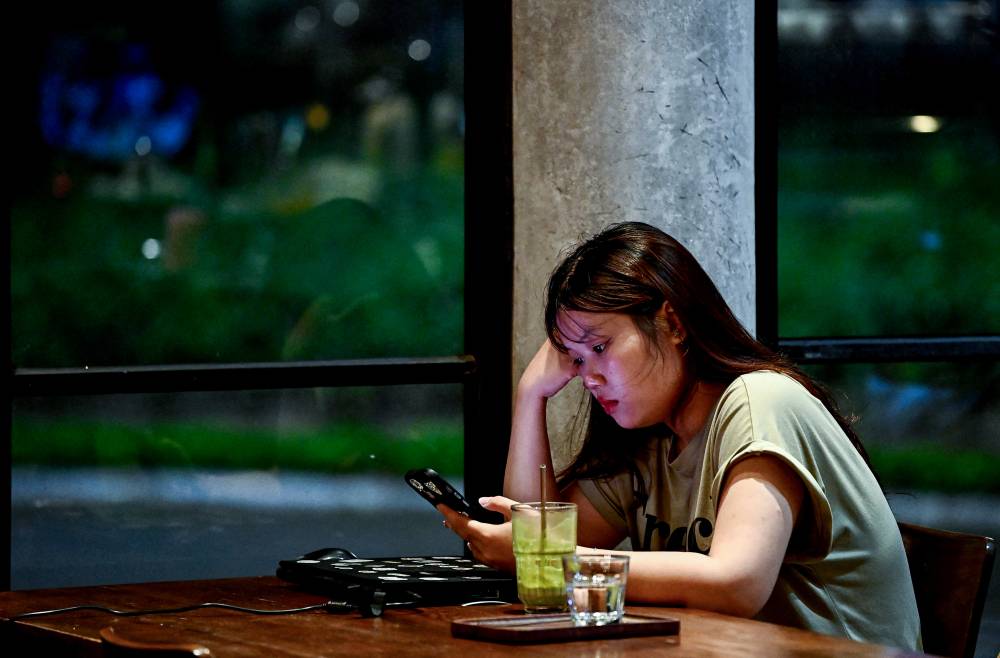
‘A serious career’
Relaxing at a rival shop nearby, Dang Le Nhu Quynh, a 21-year-old university student, is typical of the new generation of customers—she says the café’s style is what counts for her more than the brews.
“I don’t like coffee that much,” she admits.
Vietnam’s coffee shop industry is worth $400 million and is growing up to 8 percent a year, according to branding consultancy Mibrand.
There are also thousands of shops not officially registered with authorities, says Vu Thi Kim Oanh, a lecturer at Vietnam’s Royal Melbourne Institute of Technology.
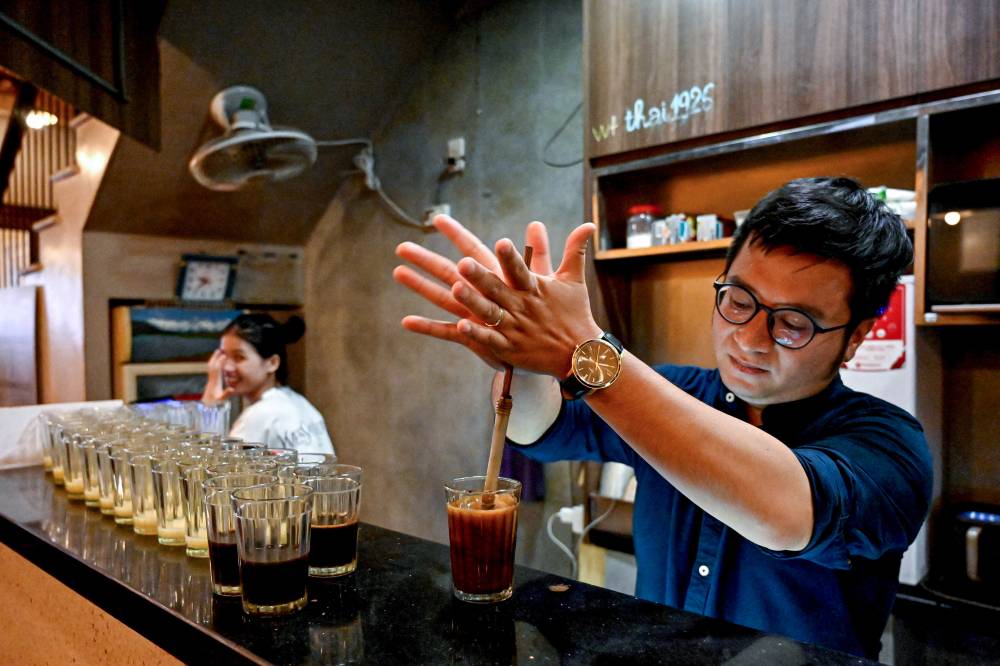
“If we have problems with a job at the office, then we quit and we think: Let’s get some money together … choose one place, rent a house and then open a coffee shop,” she said.
“If it goes well, then you continue. If it doesn’t, you change.”
Global brands have struggled to gain a foothold and Starbucks accounted for just 2 percent of the market in 2022, according to Euromonitor International.
Earlier this year, it announced it would shut down its only store in Ho Chi Minh City selling specialty brews.
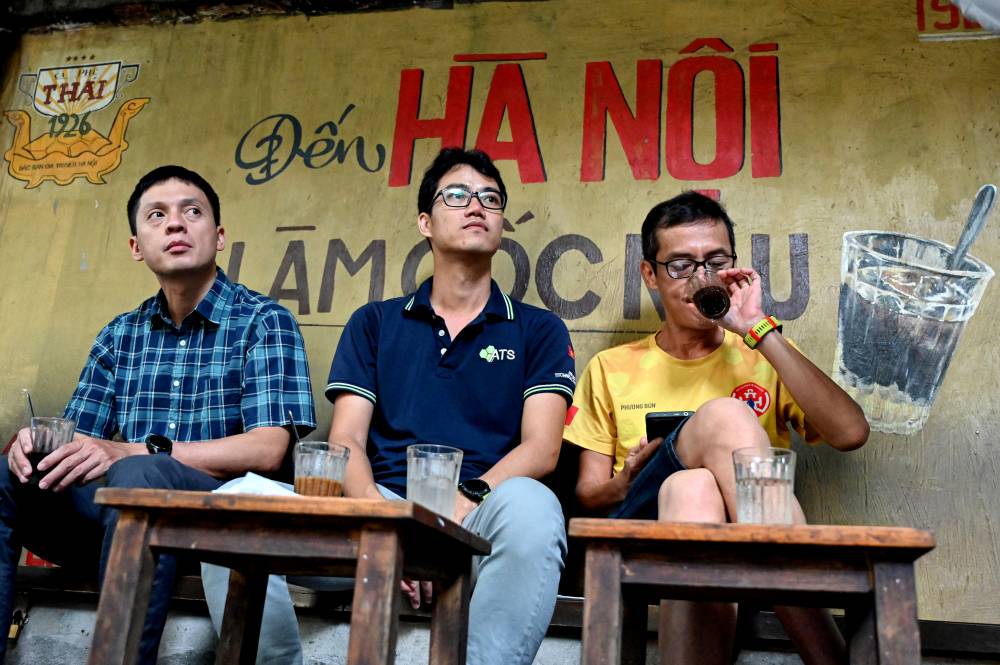
Unlike most local ventures, the coffee giant uses exclusively “high-quality” arabica beans, which have a distinctly different flavor from Vietnamese robusta.
For Tu, his parents eventually came around—and he plans further shops, wanting to create a workforce that loves coffee as much as he does.
“I want to build the mindset that this is a serious career,” he said.
AFP is one of the world's three major news agencies, and the only European one. Its mission is to provide rapid, comprehensive, impartial and verified coverage of the news and issues that shape our daily lives.

















